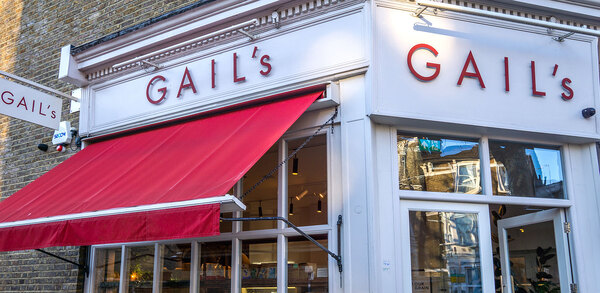How to prepare your venue for Martyn’s Law
The law to protect the public against terrorism could affect more than 300,000 premises. Mark Eade explains where responsibility lies.
The problem
The devastating Manchester Arena attack in 2017 and a wave of further terrorist attacks in the UK have contributed to growing concerns around protecting public safety and preventing future attacks.
Following the death of Martyn Hett in the Manchester Arena attack, his mother Figen Murray led a campaign urging the government to introduce ‘Martyn’s Law’, which will build upon two pillars of the counter-terrorism strategy – to prepare and protect the UK public against terrorist attacks.
The proposal
A draft of Martyn’s Law was issued on 2 May and it is still evolving. However, it will undoubtedly place fresh responsibility in the hands of the hospitality and leisure sectors to improve security and protect the public from terrorist attacks.
As part of the law’s development process, the government held a cross-sector consultation that received more than 2,755 responses from a range of UK industries. The consultation found that 70% of respondents agreed that those responsible for publicly accessible locations should take measures to protect the public from terrorist attacks. Similarly, 70% of respondents also agreed that responsible venues and organisations should prepare their staff to respond in the event of an attack.
The legislation is expected to come into effect in 2025. The draft legislation indicates that the rules will apply to over 300,000 premises, including entertainment and sports venues, tourist attractions and shopping centres. Venues with a capacity for more than 100 people will be required to follow the law and will be classed as standard duty premises.
The government has indicated that ‘enhanced duties’ will be required from venues with a public capacity of 800 individuals or more. It has also been suggested that the law will extend to public areas, including parks, bridges and pedestrianised areas, as well as event organisers using these spaces to host events. Hospitality operators could be expected to bear the responsibility of the mitigation and response to terror attacks, and provide staff with robust mandatory training on security and attack response processes.
Expert advice
Venue operators should move quickly to ensure they are compliant and work with risk management experts to review their existing plans and procedures and insurance provisions to identify any potential risk exposures and remediation required. This is crucial to firms as they assess whether additional support is required to prepare for the implementation of Martyn’s Law.
To-do checklist
- Undertake a risk evaluation and develop a preparedness plan, including training, communications and updates to existing workplace practices.
- Have a professional conduct a premises audit to identify potential points of vulnerability and other safety considerations.
- Assess proportionate security measures and the cost of implementation.
- Develop and introduce terrorism risk evaluation training focused on growing staff awareness.
- Develop event response measures to reduce the risk of physical harm to employees, vendors and members of the public.
Beware
There is a strong suggestion that a new regulator will be established to enforce compliance and that penalties for ‘standard duty premises’ that fail to comply will be fixed at up to £10,000. Operators with a capacity for 800 people or over could face a maximum penalty fixed at £18m or 5% of their worldwide revenue, whichever is greater.
Martyn’s Law is unlikely to be lenient on businesses that fall short of its requirements. It may seem like 2025 is a long while away, but businesses should begin preparing for this law to come into force or risk facing substantial consequences.
Mark Eade is the director of Gallagher’s Hospitality & Leisure Practice
Photo: Cars and Travels/Shutterstock

















